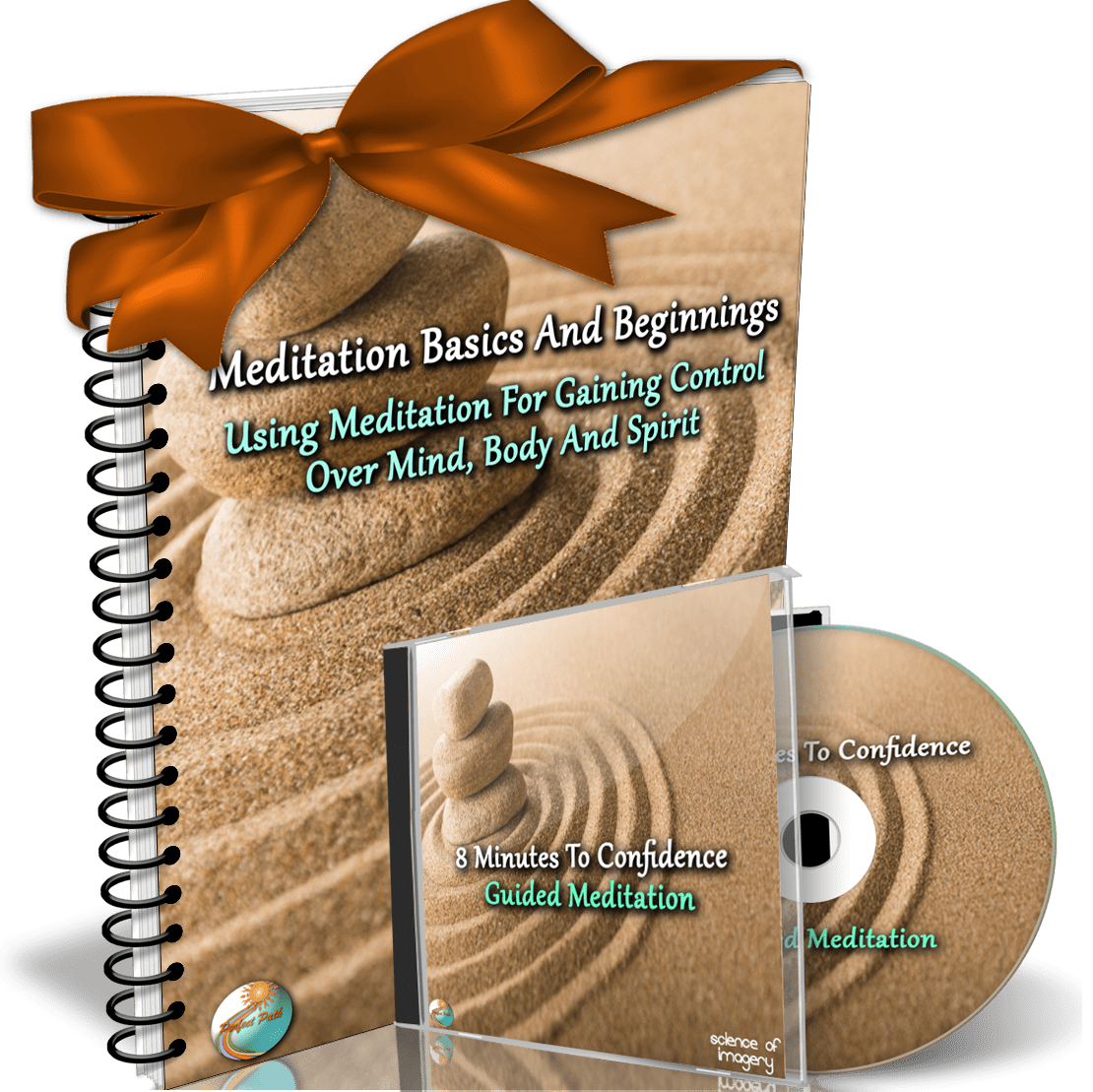The Way You Describe Yourself Leaves A Lasting Impression
 “Tell me about yourself,” is often the first question you hear at a job interview.
“Tell me about yourself,” is often the first question you hear at a job interview.
The hiring manager may be stalling because they haven’t had time to study your resume or they may realize that open-ended questions are an effective way to identify candidates who can fit in and perform well.
In any case, they’re often deciding whether it’s worth continuing the interview based on how you answer this seemingly casual ice-breaker.
There’s a lot at stake, but you can make the situation work to your advantage. Learn how to describe yourself quickly and compellingly so you can land more job offers.
Welcoming The Question
1. Stand out from the crowd. While you may feel awkward talking about yourself, it’s really a golden opportunity. Think of it as an invitation to tell your potential employer what you want them to know about you and what makes you unique.
2. Guide the conversation. Instead of waiting to see what the interviewer will do, you can steer the discussion toward your strengths and concerns. A good opening will prompt the interviewer to ask follow-up questions about areas where you shine.

3. Determine your fit. Remember that you’re evaluating the company while they’re screening you. Do you sense a connection with the interviewer, especially if they’ll be your supervisor? Are they listening attentively or shuffling papers? Your initial rapport may suggest what your working relationship will be like.
4. Practice for real life. You rarely meet someone at a party who asks about your five-year plan. Most conversations are unstructured, so it can benefit you to learn how to sound articulate and make a good impression.
Answering the Question
1. Keep it professional. The interviewer is mostly interested in whether you can excel at the job and mesh well with the corporate culture. Talk about your career path and achievements rather than your family background and hobbies.
2. Write it out. The ideal response time is about one to three minutes. Developing a script enables you to check that you can cover each main point without sounding too long-winded.

3. Rehearse your pitch. Practicing your statement will help you to come across as competent and confident. You can practice in front of a mirror or recruit a friend who can give you feedback.
4. Be flexible. It’s also important to sound natural. Even if you’ve delivered your pitch 50 times, you want to sound fresh and engaging.
5. Customize your approach. Just like you tailor your resume and cover letter to each employer, you can adjust your self-description to fit the situation. Depending on the position, you may concentrate on your accounting skills or your customer service orientation. Background research will help you determine what’s appropriate.
6. Provide testimonials. While it’s essential to be able to talk about yourself, what others say about you is often even more influential. Mention the flattering comments you’ve received from clients and colleagues. You’ll also be showing the interviewer that you work well with others and appreciate feedback.
7. Tell stories. You’re more than a list of keywords. Share interesting anecdotes that will make the interviewer remember you in a positive light.
One way to be more comfortable when it comes to speaking about yourself and telling personal stories is to create a sense of inner-peace. This can easily be achieved with the use of meditation. This simple personal development technique is very powerful and can likely help you create a better life. Get yours as a free gift by clicking below.
8. Create interest. Your self-description is like a movie trailer or the first chapter of a novel. Instead of trying to cram in your whole life story, make the interviewer want to hear more.
Walk into your next job interview ready and eager to talk about yourself and why you’re an outstanding candidate for the position. Focusing on the intersection between your strengths and the interviewer’s needs will help you to find a job you’ll love.


